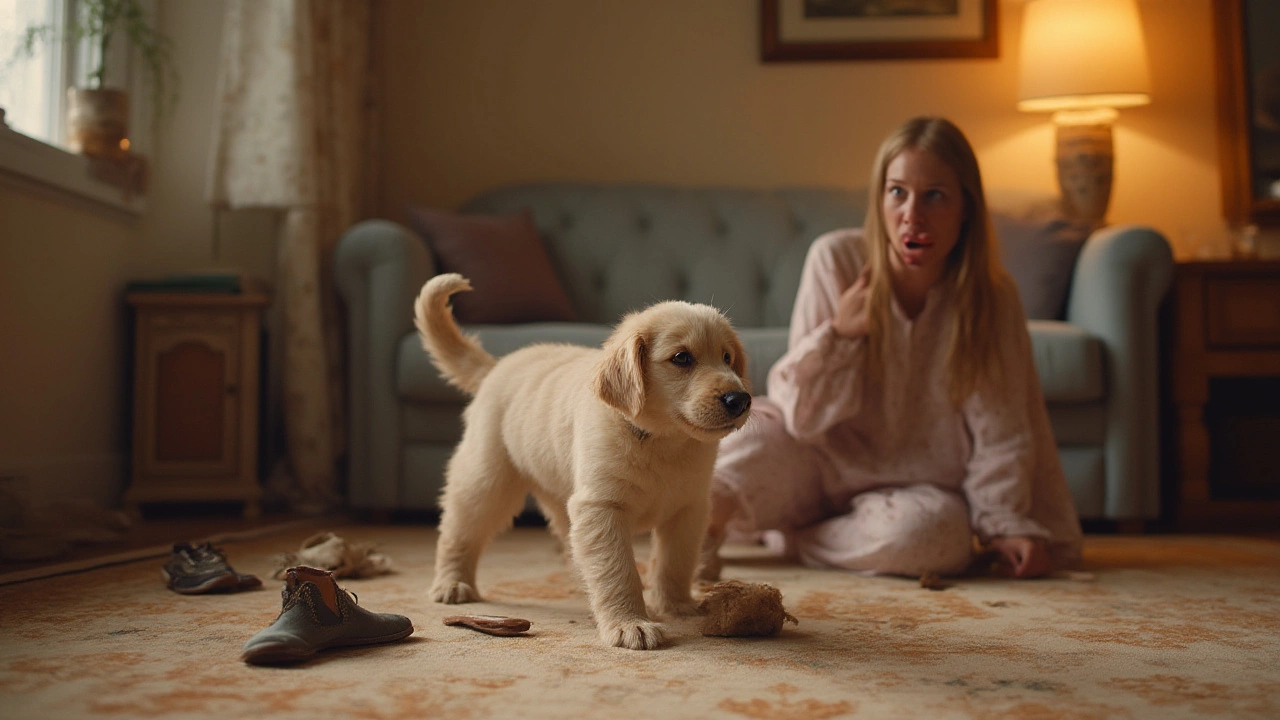Pet Parenting: Real‑World Tips for Happy Dogs & Cats
Being a pet parent means juggling meals, walks, vet visits, and love – all at once. You don’t need a degree to keep your dog or cat thriving; you just need the right info at the right time. Below are the most useful habits you can start today, whether you’re a first‑time owner or a seasoned caregiver.
Essential Daily Care
Start every day with a quick health check. Look for limpness, changes in appetite, or unusual breathing. A five‑minute scan saves weeks of vet trips later. Feeding should match life stage: puppies need protein‑rich kibble, mature dogs a balanced mix, and senior pets lower calories. Measure portions with a cup, not a guess.
Hydration is often overlooked. Fresh water freshens every morning, especially in hot weather. Add a bowl of cool water in a shady spot for outdoor dogs, and keep a water fountain for indoor cats to encourage drinking.
Exercise isn’t a one‑size‑fit‑all. A high‑energy breed like a Border Collie needs at least an hour of active play, while a senior hound is happy with short walks and gentle stretches. For cats, a wand toy or a climbing tower burns calories and reduces scratching on furniture.
Travel, Training & Nutrition
Planning a trip? Use TSA‑approved carriers for flights and keep familiar blankets inside to calm nerves. Pack a travel kit: food, medication, waste bags, and a portable water bowl. Arrive early to give your pet time to adjust to the airport bustle.
Training works best when it’s consistent and short. Teach one command per 5‑minute session, then reward with a treat or a quick game. If your dog pulls on walks, switch to a no‑pull harness and practice “heel” in low‑distraction areas before tackling busy streets.
When it comes to food, read labels like you read a grocery receipt. Look for real meat listed first, avoid vague terms like “meat meal,” and watch out for artificial colors. Supplements such as fish oil can boost coat health, but only give the vet‑recommended dose.
Grooming isn’t just about looks. Regular brushing removes loose fur, prevents matting, and gives you a chance to spot skin issues early. For dogs that cry during grooming, start with short sessions, use calming music, and reward calm behavior.
Finally, mental health matters. Dogs that sleep in the same room as their owner often feel more secure, but co‑sleeping isn’t mandatory. Offer a comfy crate or bed, and let your pet choose where it feels safest.
Pet parenting isn’t perfect, but with these everyday habits you’ll reduce worries and boost your companion’s quality of life. Keep the checklist handy, stay observant, and enjoy the bond that makes pet ownership rewarding.
Surprising Truths About Getting a Puppy: What Most People Overlook
Thinking of getting a puppy? Discover the quirks, surprises, and challenges no one mentions. Real insights, firsthand stories, and practical tips every new puppy parent should know.
